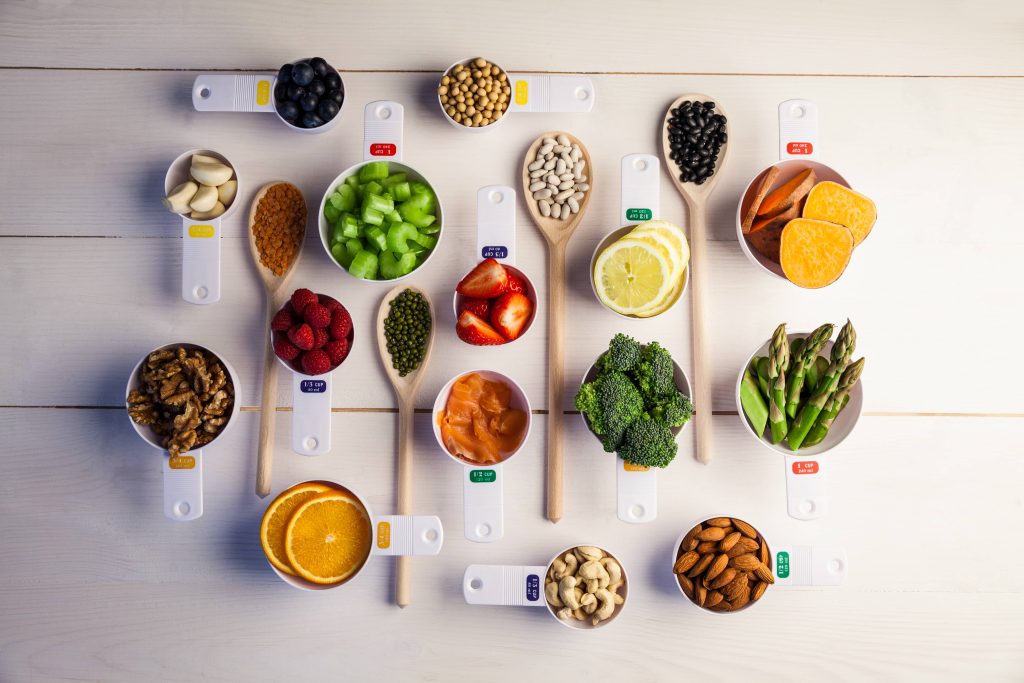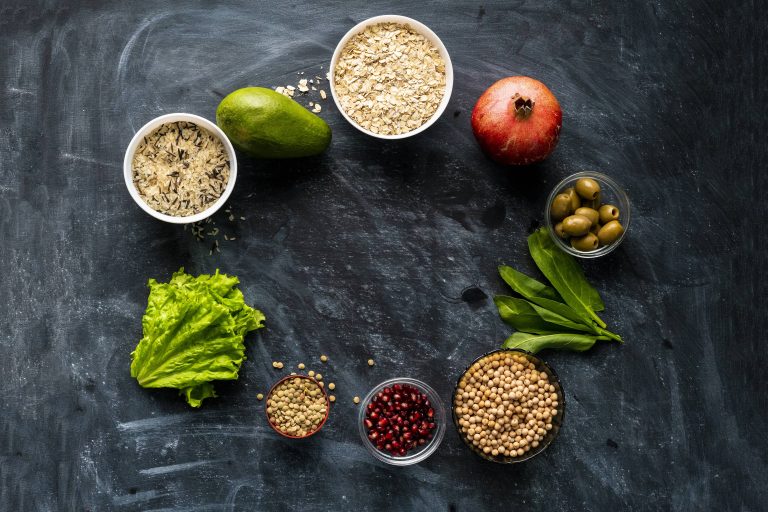
In a world where diet trends come and go, and the pressure to maintain a certain body image is ever-present, many people are seeking a more sustainable and fulfilling approach to eating. Enter intuitive eating—a philosophy that encourages individuals to trust their body’s natural hunger cues and make peace with food. But what exactly is intuitive eating, and can it truly lead to health and happiness? Let’s explore the secrets of this approach and how it might be the key to a healthier, more balanced life.
Understanding Intuitive Eating
Intuitive eating is a concept developed by dietitians Evelyn Tribole and Elyse Resch in the 1990s. It is not a diet but rather a framework that promotes a healthy relationship with food, mind, and body. The core idea is to listen to your body’s signals, eat when you’re hungry, and stop when you’re full. This approach rejects the traditional diet mentality, which often involves strict rules and restrictions.
The philosophy of intuitive eating is built on ten principles:
1. Reject the Diet Mentality: Let go of the idea that you need to follow a specific diet to be healthy or happy. Diets often lead to feelings of failure and deprivation.
2. Honor Your Hunger: Trust your body to tell you when it’s time to eat. Ignoring hunger cues can lead to overeating later.
3. Make Peace with Food: Give yourself unconditional permission to eat. When you restrict certain foods, it can lead to intense cravings and binge eating.
4. Challenge the Food Police: Silence the negative thoughts that tell you you’re “good” for eating certain foods and “bad” for eating others.
5. Respect Your Fullness: Pay attention to your body’s signals that you’re no longer hungry. Pause during meals to assess your level of fullness.
6. Discover the Satisfaction Factor: Find joy and satisfaction in eating. When you eat what you truly want, it can lead to a more fulfilling experience.
7. Honor Your Feelings Without Using Food: Find ways to cope with emotions without turning to food. Emotional eating can mask the real issues that need addressing.
8. Respect Your Body: Accept your genetic blueprint and stop comparing yourself to unrealistic ideals. Respecting your body can lead to a more positive self-image.
9. Exercise—Feel the Difference: Focus on how it feels to move your body, rather than the calorie-burning effect of exercise. Find activities you enjoy.
10. Honor Your Health with Gentle Nutrition: Make food choices that honor your health and taste buds while making you feel good. Remember, progress, not perfection, is what counts.
The Benefits of Intuitive Eating
Intuitive eating offers numerous benefits that can contribute to both physical and mental well-being:
– Improved Relationship with Food: By removing the guilt and shame often associated with eating, intuitive eating fosters a healthier relationship with food. This can lead to more mindful eating habits and a greater appreciation for the nourishment food provides.
– Increased Body Satisfaction: Accepting and respecting your body can lead to improved self-esteem and body image. This shift in mindset can reduce the risk of developing eating disorders and promote overall mental health.
– Better Emotional Health: Intuitive eating encourages individuals to address their emotions without using food as a coping mechanism. This can lead to healthier emotional regulation and a reduction in stress and anxiety.
– Sustainable Health: Unlike traditional diets, which often result in short-term weight loss followed by weight regain, intuitive eating promotes long-term health by encouraging balanced eating habits and a positive relationship with food.
Is Intuitive Eating Right for You?
While intuitive eating offers many benefits, it’s important to consider whether it’s the right approach for you. Here are some factors to consider:
– Readiness to Let Go of Dieting: If you’re ready to break free from the cycle of dieting and embrace a more flexible approach to eating, intuitive eating may be a good fit.
– Willingness to Trust Your Body: Intuitive eating requires a willingness to trust your body’s signals and let go of external rules. This can be challenging for those who have been dieting for a long time.
– Desire for a Healthier Relationship with Food: If you’re seeking a more positive and balanced relationship with food, intuitive eating can provide the tools and mindset needed to achieve this.
– Openness to Self-Reflection: Intuitive eating involves exploring your emotions and behaviors around food. Being open to self-reflection and personal growth is essential for success.
Getting Started with Intuitive Eating
If you’re interested in exploring intuitive eating, here are some steps to get started:
1. Educate Yourself: Read books and resources on intuitive eating to gain a deeper understanding of the principles and philosophy.
2. Practice Mindful Eating: Pay attention to your hunger and fullness cues, and eat without distractions. This can help you become more attuned to your body’s signals.
3. Challenge Negative Thoughts: Work on silencing the “food police” in your mind and replace negative thoughts with positive affirmations.
4. Seek Support: Consider working with a registered dietitian or therapist who specializes in intuitive eating to guide you on your journey.
5. Be Patient: Remember that intuitive eating is a process, and it takes time to unlearn old habits and develop new ones. Be patient with yourself and celebrate small victories along the way.
Conclusion
Intuitive eating offers a refreshing alternative to the traditional diet mentality, promoting a healthier relationship with food and a more balanced approach to health and well-being. By listening to your body’s natural cues and embracing a mindset of self-compassion and acceptance, you can discover a path to health and happiness that is both sustainable and fulfilling. Whether you’re new to the concept or looking to deepen your practice, intuitive eating can be a transformative journey towards a more joyful and nourishing life.










